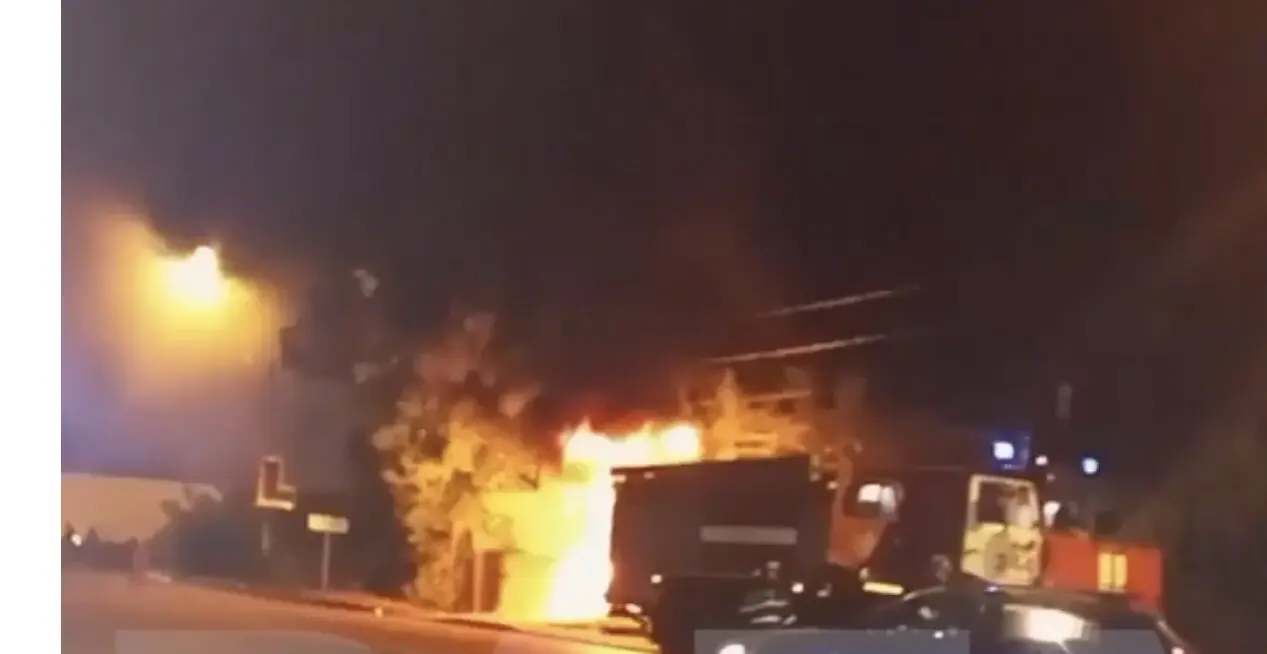
The daughter of the influential Russian political philosopher Dr. Aleksandr Dugin was killed on Saturday night when a powerful explosion ripped through her vehicle some 20 kilometers outside of Moscow.
Darya Dugina, aged 29, and her father had been returning home from the Tradition Festival at the Pushkin Museum in Bolshiye Vyazyomy, Moscow Oblast, at around 21:45 local time, when the blast engulfed her father’s Toyota Land Cruiser Prado, allegedly killing her instantly, the Russian state media agency TASS reports.
In video footage of the incident’s aftermath, Dugin was spotted at the scene of the incident, holding his head with both hands as he looked on at the wreckage.
VIDEO: Footage from the scene of the bombing, with Aleksandr Dugin looking on in the foreground.pic.twitter.com/e2rA0Pa7C0
— Conflict News (@Conflicts) August 20, 2022
Sources close to Dugin told the Telegram channel “Caution, news” that he himself was supposed to be driving the vehicle, but for whatever reason, he had gotten into another one at the last minute. Investigators are reportedly viewing the deadly blast as a targeted hit that likely was intended for Dugin himself.
In a Telegram post, Denis Pushylin, the leader of the Donetsk People’s Republic (DPR) in eastern Ukraine, called those who carried out the attack “despicable scoundrels,” and added that “terrorists of the Ukrainian regime, trying to eliminate Alexander Dugin, blew up his daughter.”
Darya Dugina, a graduate from the Faculty of Philosophy of Moscow State University, had long worked as a writer and activist in the Eurasia Movement, the group her father founded in 2001 to advance his Eurasianist and multipolar vision in Russia and across the region. The most prominent public face of the movement apart from her father, she was widely seen as the heir apparent of Neo-Eurasianism in Russia.
Dugina also worked as a journalist and political analyst under the name Daria Platonova, reflecting the Platonic basis of the Eurasia Movement’s philosophy, writing for the Eurasianist site Geopolitica and others. She was also the Editor-in-Chief of the pro-Russian news portal United World International.
Dugina’s political activism won her no favors with some governments in the West. In March and July, she was placed on US and UK sanction lists. The British Foreign Office, in a statement that referenced the sanctions against Dugina, called her a “frequent and well-known author of disinformation regarding Ukraine on various online platforms.”
